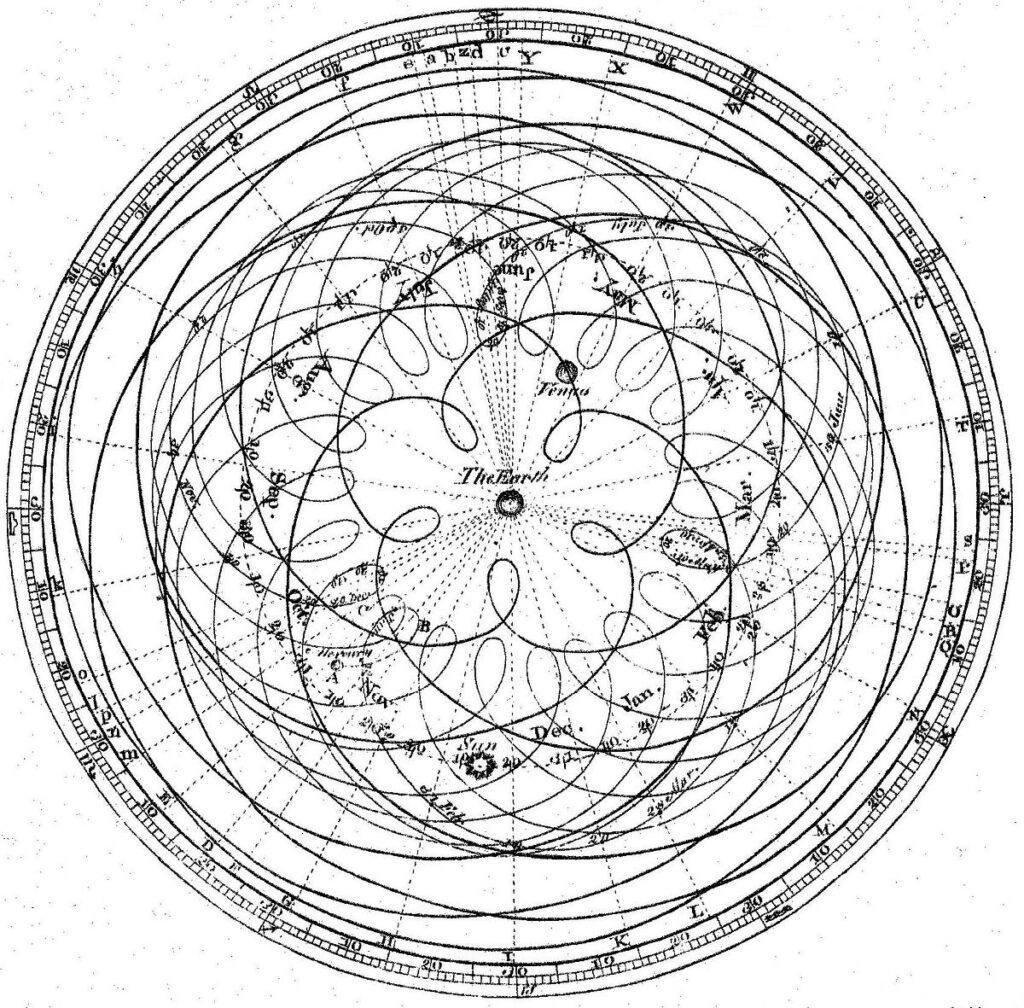The article discusses the stagnation in scientific progress caused by a variety of factors, including the scarcity of resources and the influence of agendas in allocating funding and equipment. It argues that mainstream scientists resist exploring anomalies due to cognitive biases and a tendency to maintain existing popular views, which can create echo chambers similar to those found in religious or political cults.
The author emphasizes that anomalies should be seen as opportunities for new discoveries, drawing a parallel to historical shifts in scientific understanding, such as Galileo’s challenges to the Ptolemaic model of the universe. The article criticizes the current scientific culture for prioritizing theoretical frameworks that lack experimental validation, particularly in fields like theoretical physics and cosmology.
Avi Loeb, the author, urges for a shift in focus towards investigating anomalies and advocates for increased funding and prestige for research that explores these outliers in data. He expresses hope that future discoveries related to interstellar objects, like `Oumuamua, will challenge existing paradigms and reveal the potential for extraterrestrial intelligence. Through a call for more empirical approaches, Loeb envisions a future where scientific understanding evolves beyond present limitations.



